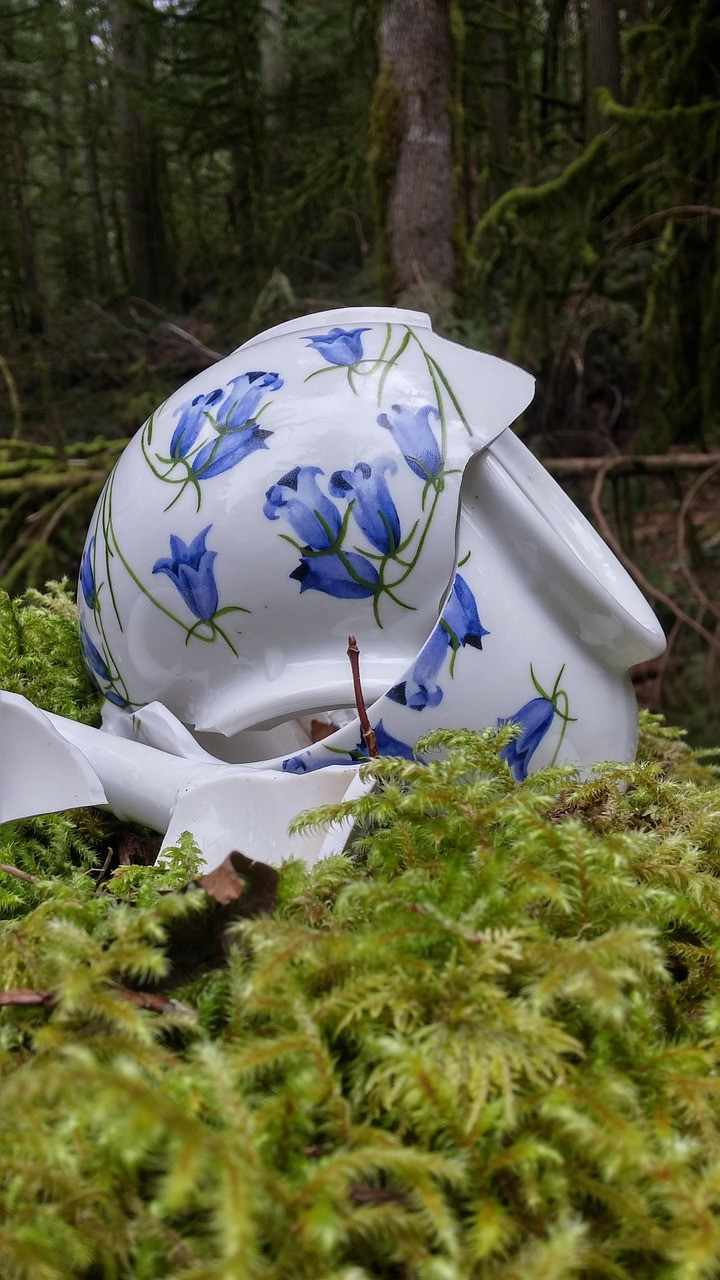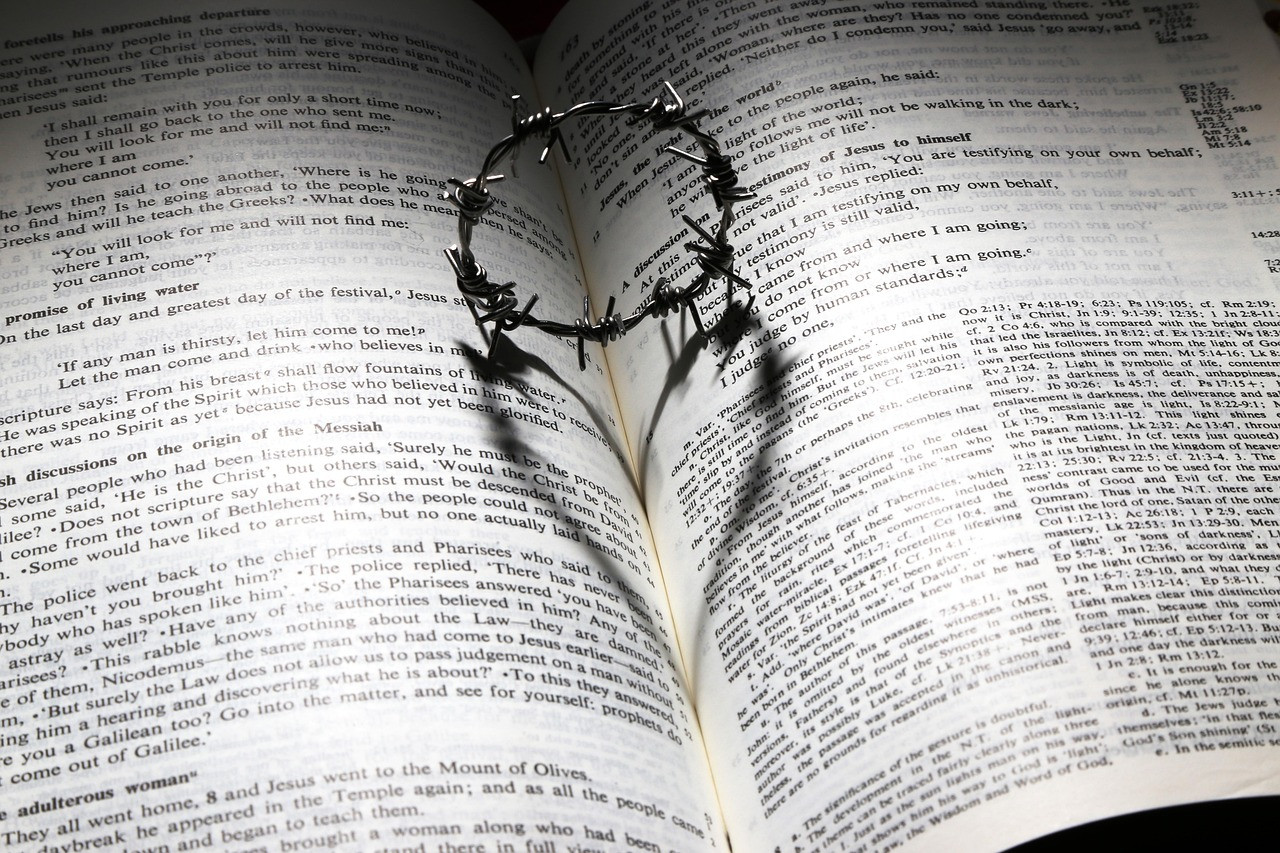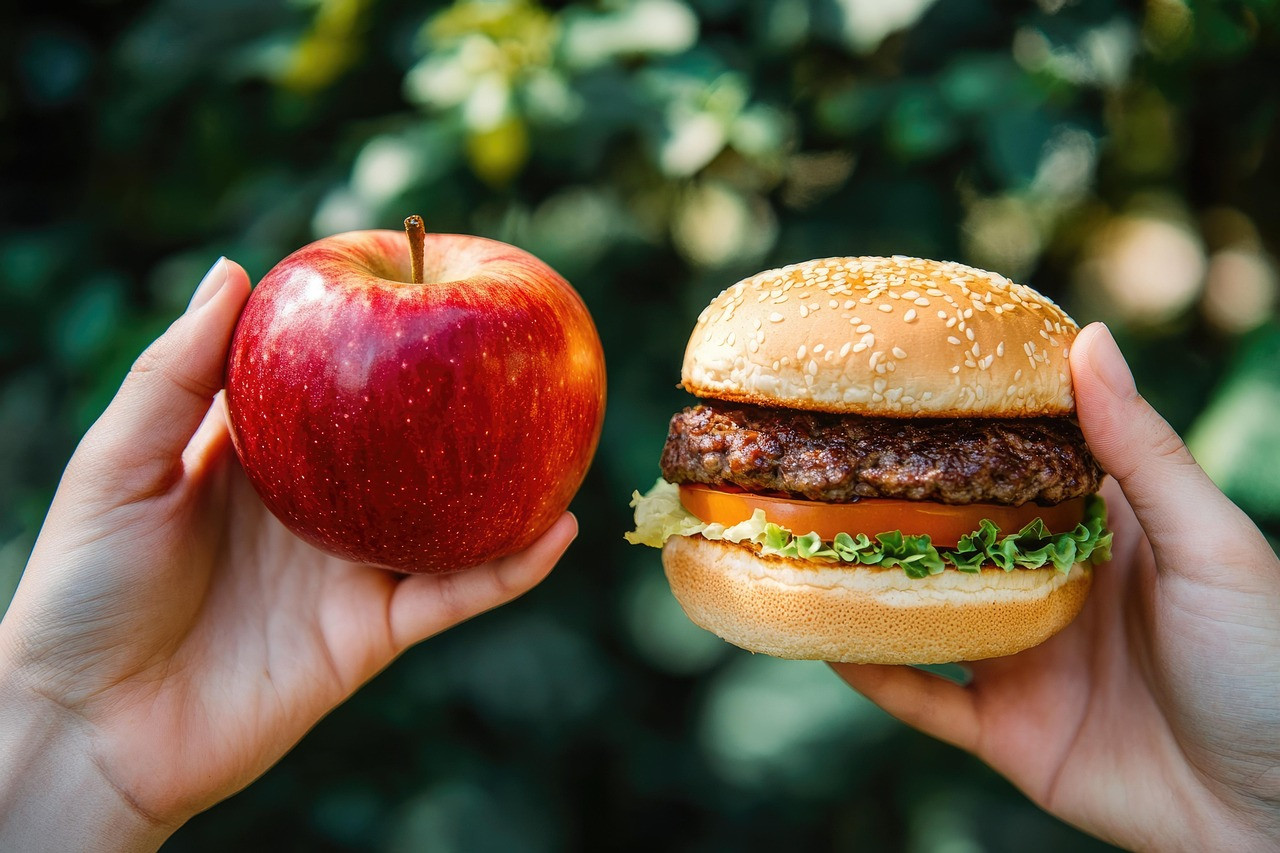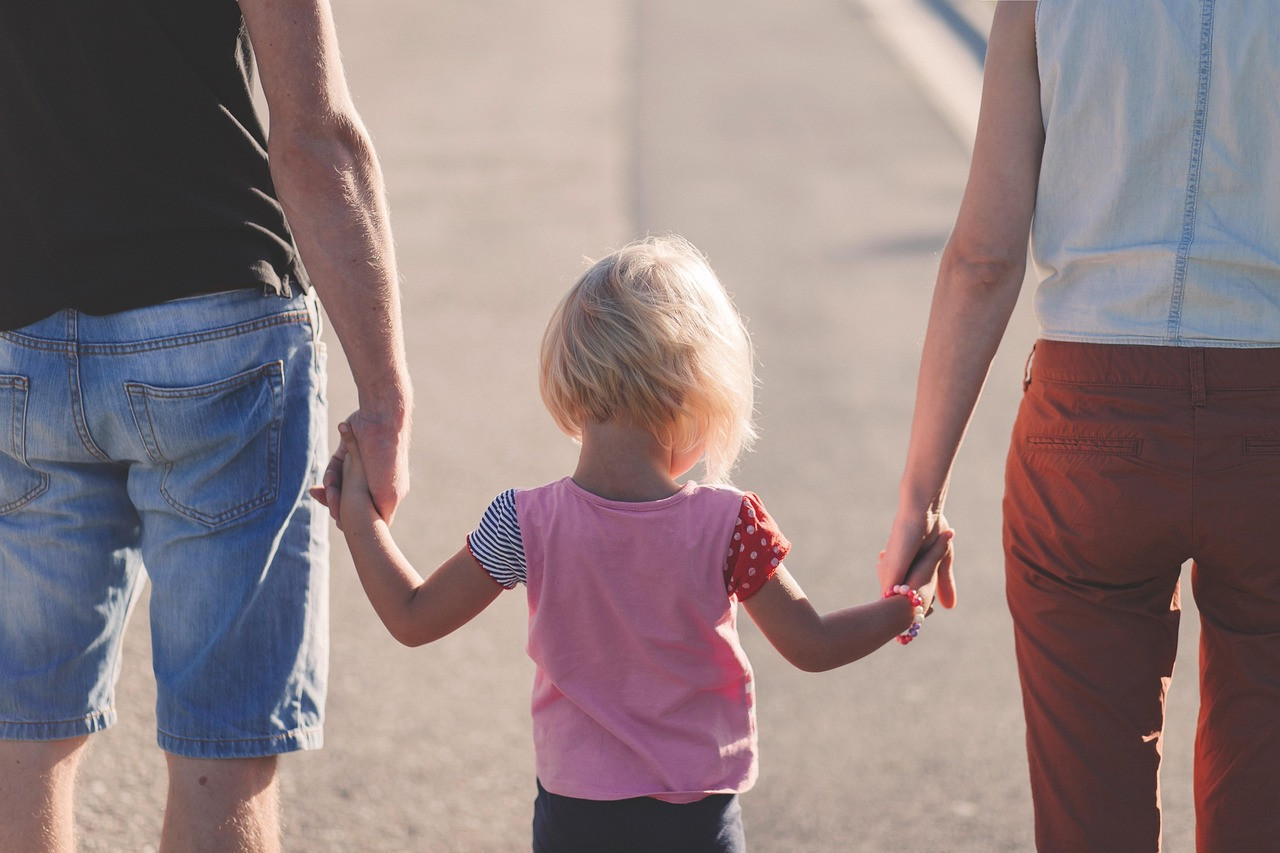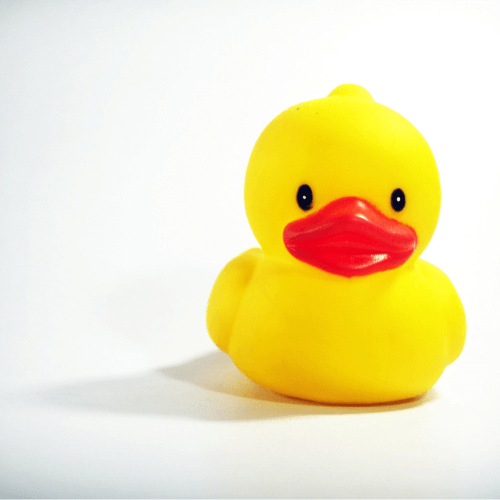 The LADY, the JEEP, and the DUCKIE
The LADY, the JEEP, and the DUCKIEThere is a woman who started putting plastic ducks on Jeeps in 2020 as an act of connection during a time of such disconnect. If ever there were a time to find a way to reach out and bless someone else, 2020 was the year. Well, her act of kindness rippled, and it is now not uncommon to find random Jeeps with rubber ducks on their sideview mirrors. While I haven't had a Jeep in several years, I kinda want to get one just for the sake of the connection to other Jeep duck givers. Why? Well, of course, the ducks are super cute, but also for the joy that it must be for both the giver and the receiver to share a surprise with each other through a colorful duck shaped piece of plastic.
I can't imagine that people would ever get upset by finding one of those cute little critters when they get back to their vehicle after going grocery shopping or eating lunch at a restaurant, but there probably have been some who are bothered by it. Why? Because we are each unique and see things through our own lenses. Maybe someone had a rough toddler bath time and a rubber duck caused some angst, who knows? But, what really matters is that we respect each other's needs and wants.
Yet, I can't help but think that there may be people who think they don't want to be ducked but could be sad to find out they actually have been left out of the experience.
After all, it's tricky to manage all of the ins and outs of the human experience. FOMO, fear of being included, fear of ducks, lol, a lot of what works can seem like a big gamble sometimes when we are dealing with people. As one client said to me recently, "People, working together, what could go wrong?!?"
Therapists spend a lot of time providing a safe space for people, but even we sometimes commit the terrible faux pas that we call "an empathic failure." Even though we work very hard to reach a connection point with each person with whom we work, there are times where one or both of our humanity gets in the way of things being neat and clean. People are sometimes "messy."
Their Needs/Our Needs
Sometimes, we need to speak up. Sometimes we need to listen quietly. Sometimes we need to set boundaries, and sometimes, we need to connect over a good cry or a good laugh. Often, an apology and taking responsibility for our part in the disconnect can go a long way.
Understanding that God has made things to work best when we follow His direction for loving each other, even in the messiness, can make things go better. The following list includes some of my favorite ways to navigate the intricacies of human connections.
5 Tips for Respecting Each Other
- Rejoice with those who rejoice, and mourn with those who mourn. (Romans 12:15).
- A gentle answer turns away wrath. (Proverbs 15:1).
- Forgive as the Lord forgave you. (Colossians 3:13)
- Keep no record of wrongs, but don't cast your "pearls" before those who will trample them. (1 Cor. 13: 5b, Matthew 7:6)
- Pray for each other. (James 5:16a)
When we own our thoughts, feelings, choices, needs, and words and engage with them and others in the ways that God made to work best, we can have an easier time navigating interactions with others.
To listen to the podcast episode related to this blog, click this link.
Even as adults, maybe especially as adults, friendships can be tricky to navigate, and I think that's for multiple reasons. But the reason I'm talking about it today is because somebody wrote to me to explain how the friendship relationship or basically having relationships with people who are friends can be tricky and how when we've been hurt, it can lead us to not want to go deep with people. And also when we choose not to go deep with people, then we're also kind of giving up a part of sharing of something important to us which is more of ourselves. And so navigating this is what we're going to talk about today.
"I Really Don't Have Any Friends"
There was a time after I was married and had young kids where I realized I didn't have any friends anymore. I had plenty of friends in high school. I wasn't popular, but I wasn't unliked. I mean, some people may not have liked me, but in general I think I was pretty well liked. I had a number of people that were friends or acquaintances and then we grew apart. I went off to college 4 hours away, and they went to different schools. By the time we came back, we didn't have Facebook back then in the early 90s, so it was just like, okay, it's kind of weird to call you up after four years of not talking to you and just life had changed. And so I came back and I had like one friend left from high school and we were growing apart. So pretty much when I got married, I had a couple of people that were my roommates in college. I had a new friend I had met from church and then I had a cousin who was in our wedding as my side of the bridal party. And from there, it just kind of became my husband.
I woke up one day, so to speak, and realized I don't have any friends. I just didn't; it wasn't intentional. It just kind of happened. And I remember thinking at that point because that's when I was starting to really be into some anxiety and some insecurity and just I think all of the painful past learning from trauma had caught up to me at that point. And I didn't have the tools yet. As I've said before, I didn't know how to manage it. I didn't have the tools, I didn't know how to do this. And I was washing dishes one day and was kind of upset that I realized like, well, how did I have friends before and I don't now.
God Steps In
And God just basically told me, if there's someone like you who exists, there's got to be another one like you who exists. Like somebody who also wants to be kind and be a nice friend and not hurt you, is pretty much what I was thinking. Well, I mean, I can't be the only person who wants somebody to be a nice friend to me. There've got to be other people who want to be nice and play nice with their pals, and so maybe there's one. And the thought that I wasn't alone as far as female friendships was really encouraging to me. And also the fact that I didn't have to go befriend the world and have all of these people being in my inner circle. I just had to be open to realize that, of course, there's got to be at least one friend out there I just have yet to meet.
And so that began a process of God allowing me to take steps of faith and finding people that I thought could possibly, maybe not be scary and be safe, that I could go and have one coffee meet up and then go home and never do it again if it didn't work out. Almost like male/female dating relationships, like, I'm going to try you out. I don't know if I can trust you yet. This is scary. What do we do? Because especially if you have anxiety or you've been hurt before or you have anticipatory fear, it can be hard to put yourself out there if you're in that kind of state. And so I just encourage you to do it one at a time and to realize that there are other people out there who are kind and who don't want to hurt anybody. There are other people who've been hurt and wouldn't dream of doing that to somebody intentionally. And so I think it's really truthful and important for me to say that even though it feels like friends will betray you because of past experience or that you might be hurt in some way or that it feels awkward, there's a lot of truth to the fact that there are safe, healthy people out there. And the first step is you being a safe, healthy person.
When a Friend Betrays You
So the listener who wrote to me was saying that they're guarded in friendships because they've been hurt a lot, because they want someone who values friendship as much as they do. So she thought that this friend valued their friendship as much as she did and then found out through getting hurt that that didn't appear to be the case after all. And so she asked if I could talk about that.
And that has happened to me. My best friend in high school, early high school was and I say that because by the end of high school, she was not my best friend. My best friend was somebody who I have no idea what in the world happened there. We were practically inseparable for years. We really enjoyed each other's company.
And next thing I know, she started getting nasty. And I didn't know why she was getting nasty. And if she had told me that I had done something wrong or that she needed me to talk to her about something, I may not have had all the skills and tools to do it perfectly back then, but I think I would have been willing to have that conversation. But to my recollection, that never was brought up, and I never knew what I did. And I remember this one time she was making fun of me, and she was continuing to just razz me, and I was patient, and I stuffed it down, even though she was hurting my feelings, and I was really trying to kind of respond appropriately. And she kept pushing and pushing until finally, if you've listened to my previous volcano episode a couple of weeks ago, it was like I pushed it down. I pushed it down. I pushed the next insult down.
And she kept at it so much that finally I erupted, and the eruption wasn't yelling at her. That almost probably would have been better. But I said something that I knew would hurt her specifically because well, it wasn't that I knew it would hurt her. I don't want to say it that way because I don't think it was to intentionally hurt her. I knew it was an area of sensitivity to her, and it was the area that she was pushing on me. And so I retaliated by pushing back. And that was the end of our friendship.
And I would never have wanted to do that if I hadn't felt like she just wouldn't stop. That still doesn't excuse it. Absolutely doesn't excuse it. In fact, for years, that was one of my deepest regrets, what I said to her. And I knew it hurt her. She did tell me that that hurt her, but she had started this behavior where she was kind of being mean to me way before this as well. So that was kind of like my final straw. And I'm not proud of it, and I've repented of it, and I felt so horrible for it.
And now I've forgiven myself for it because I know God forgives me for it, and I know that it wasn't okay, and I wouldn't do it again, but I was a kid who was struggling and was hurting, and it was the way that I thought I can get her to stop.
But what that meant to me that someone I thought cared about me...why are you hurting me? Repeatedly. And I couldn't figure it out. And it was such confusion. And the only thing that I could come up with was, that's sad. I'm sad that that happened, but I'm not going to stick around for people treating me poorly. I'm sad in both directions. I'm sad for what happened from her, and I'm sad what I did, and I'm just sad the friendship is over.
Should the Friendship End?
And when you can recognize that there are times for friendships to be over, that it's okay to set boundaries and walk away from people who are not safe and healthy, but the people who are, they will be there for you. And if you find out, even after a long period of time that someone isn't, I'd like to ask you to look at their character. Is this out of character for them? Is this a one off thing? Are they under particular stress at the moment? Did they go through something really tough? Did something just bubble up to the surface? Even if you don't know if that's the case or not, could there be a reason that their behavior doesn't really have anything to do with you, but something they're going through? So that would be one of the things that I would have you assess. If this is somebody that you were close to and they just hurt you or let you down in some way before pulling away, assuming that they probably have pulled away, or if they haven't, that you've pulled away, which I don't know the dynamics of your specific situation, but if that happens, that you can move towards and try to get resolution, try to figure out how the two of you can work together to understand what happened.
And is it really what you interpreted it as? Sometimes our interpretation is left to our own devices. So if you have texted somebody and they don't return it right away, you can be left to your own imagination. And that imagination might be, oh, they hate me. But your imagination could also go to, oh, they're busy, they got that job. I'm so happy for them. Right? You don't really know why unless you actually talk to the person. So making assumptions that aren't helpful, like they don't like you or they don't want to be around you, or they're not as good a friend as you thought they were may not actually be the truth.
It maybe they hurt your feelings. It maybe they did something thoughtless or rude, but it doesn't necessarily mean they don't want to be your friend. Okay? So that's a time that if you've been friends and their track record is such that it's been good for a while and they've been good for a while, you can talk to them and say, hey, I don't know what went wrong here, but I'd like to at least try to address it so we don't lose our friendship. But I am feeling really hurt and kind of tender and not really sure I can trust, but I thought it was worth it for us to talk about it.
But if they've left or they have told you that it's over or they have done something that you really are not going to be able to risk again. And you need that safe boundary, that's okay too. But first make sure that you are not putting some meaning onto them and their behavior that they haven't had a chance to explain. But if they have left or they have grieved you in some way and they're not sorry or they're not willing to make amends, or they're not somebody who will correct the problem and have a discussion with you, then it's okay to feel sad. Release them to God and move on and find the people who will have your back, and it is a trust walk.
Expressing Intentions and Being Upfront
It is a trust walk because there are no guarantees about human behavior. There's only faith, and you putting forth a good effort. You being the person that you want a friend to be to you and trusting God that he will bring good gifts to you in good friendships and pray for that and also just being real with somebody, hey, this hurt me before, so if you think this is going towards a less surface-level relationship and really getting intimate, letting the person know, hey, I'm really enjoying us being friends and going to the movies or shopping together or whatever. And I'd actually like to be more intentional about being in each other's lives more regularly or getting our kids together more often so we can go have a coffee date while they play or something like that, but this is an area where I'm growing and I've been hurt before in friendships. And so I'm afraid to make friendships and really just let them know and ask how they show up in friendships. Are they likely to pull back and tell them what you're likely to do? If you really feel like this could be a solid, safe, good friendship that God has given you, then I think that that's okay to realize that God has good plans and good gifts for you.
And if it's to that level where you think that you're going to let down your guard with this person a little bit more, let down that boundary guardrail a little bit more because they seem trustworthy and they seem safe. If they're that trustworthy and safe, you have nothing to lose by actually having the discussion with them. Hey, I've been really hurt in relationships. If there's ever a point where you don't want to be friends anymore, would you please not just leave me or would you please not say nasty things to me? Not that you would, but that's what happened before. Like let them know how much you would appreciate if this friendship could continue if it works for both of you, but also that if it ever did need to come to an end, it would mean a lot towards being able to trust again. If you knew that it would be a kind parting of ways that was just mutually beneficial. And depending on how that person answers that topic that you bring up tells so much about whether they will be that good kind of person for you or not. See, in a healthy relationship, a friend who has the qualities and the ability to be a good friend will be able to say, wow, thanks for sharing that with me; I've been hurting some relationships too. Yeah. I'd like to be a good friend to you. And if that's what you need for us to be able to become friends yeah, I promise I'd never do that to you.
How Do You Fight?
I did this once with my husband because I had been hurt in previous dating relationships. And so here we are, and we're starting to date, and I just flat out asked him because I didn't want to go through the pain again. We were just out one time driving somewhere for our date, and I said, this may be a weird question, but how do you fight? And I was like, do you hold grudges? Do you get silent? Do you walk away? Or do you want to resolve it right away? I don't know if those are the exact answers.
I gave him options, but he said, oh, I like to resolve it right away. I was like, I do too. And he has been true to his word for the last 29 years. Okay. Doesn't mean we don't fight. Doesn't mean that we don't have to both get a hold of ourselves and tempers and make sure that we're intentional with our word choices or repent and apologize if we do something that hurts the other. But it's not an intentional hurt the other. It's a maybe we've been hurt and we need to make allowances for each other to understand each other and where we're coming from better, but that we are committed to always work it out.
It's a leap of faith when you've been hurt to be able to trust that somebody else isn't going to do that to you. But the truth is, the only person you can control is you. And how you show up and how you take steps of faith and how you trust God to bring you good people and how you assess people and let them prove who they are to you. My guess is that whoever this person is that hurts you so much that you now feel you have to be surface with other friends and feel like you're betraying yourself from being fully known that whoever they were, whatever happened in your circumstances, that that was painful because you had a set of expectations, and they didn't live up to it. But if they didn't value you or your friendship, that is on them. If you're making assumptions as to what they should be doing, then that's something that you can even now talk to them about, hey, this is what that felt like. This is what I was thinking. Is that accurate? But if you don't even feel safe to do that, that's okay, they weren't for you.
How Do They Treat Others?
We're not going to mesh with everybody but these new friends that you're keeping at surface level. If you want to go deeper, pick one. Pick one that seems safest, that seems to treat people the nicest, that seems to be loyal and cultivate that friendship. And then see who their healthy friends are and then maybe they can become your friends too. Look for patterns of who people hang out with. Healthy people hang out with healthy people because healthy people are probably aware when people are toxic or not. And so if you can find somebody who treats other people in ways that appear healthy to you and you feel safe around them, I'll bet they're a person that you can take it one step further to try to be a little bit of vulnerable, a little bit more vulnerable with test them out, see if they can be trusted or not. If not, you're not missing out. You're just, okay, not them. And if they are, you gain a valuable, valuable gift. Doesn't mean they won't ever hurt you or let you down. It means that if and when the hurts come, they will be there to work through it with you and you with them. That's part of being a good friend and being treated with a good friend with good friendship. Okay, so I want you to realize that you can set boundaries and choose how deep to go with somebody. But you don't have to go deep with everybody. You can take it one person at a time and feel your way through it.
Holding on to God, asking for him to bring the right people, and then taking the next step. And notice how your body feels too. That's another tip. Notice how your body feels because your body may feel tense around somebody, or it may feel relaxed around somebody. I mean, if it's feeling relaxed, then maybe allow a little bit of your boundary to go down. See if you can trust a little bit of vulnerability. Not everything. Don't just say, oh, hey, you're my best friend here, come into my house and take everything. They haven't earned that yet, but one step at a time.
The good friendships are of God. Don't let what the enemy's tried to steal keep you from the good things of God. The enemy is a liar and a thief who comes to steal, kill, and destroy. And he's trying to steal your confidence and your peace and your trust. Don't let him just choose people who are worthy of it. And I'm sorry that your friend wasn't.
Everybody go take on the day. God bless.

